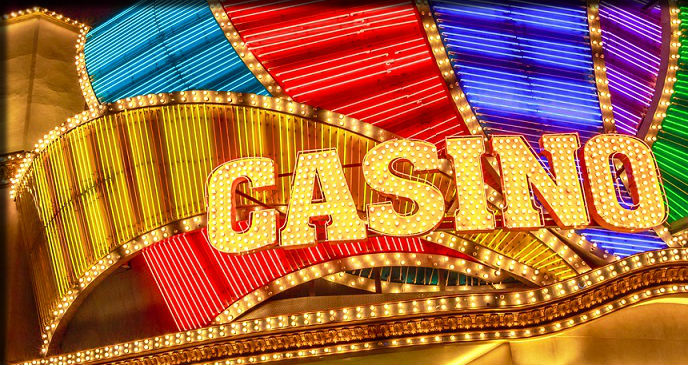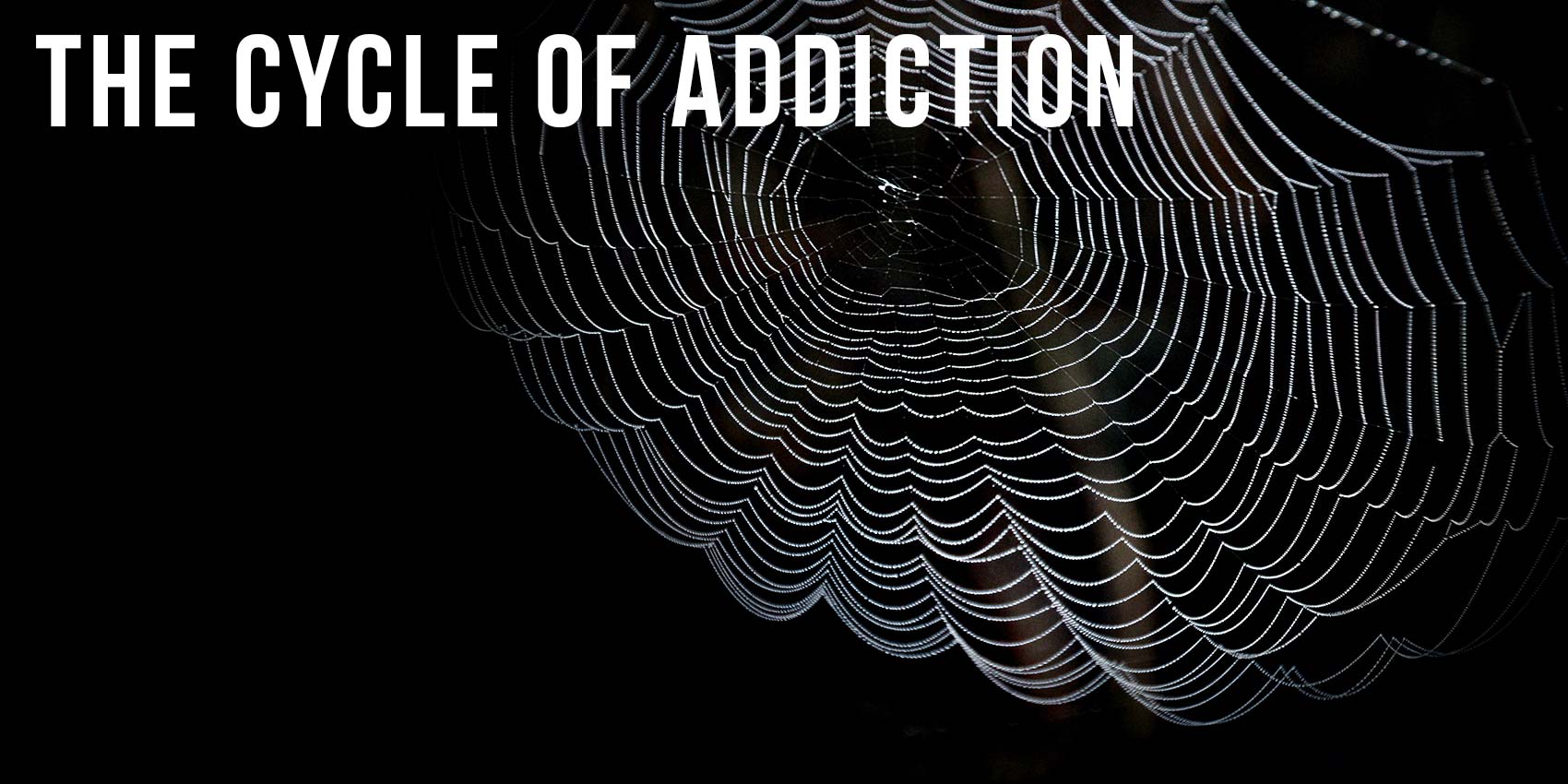Gambling Topic Meaning
A gambling addiction is a progressive addiction that can have many negative psychological, physical, and social repercussions. It is classed as an impulse-control disorder. It is included in the. Place in Gambling topic place2 ●●○ S3 W2 verb 1 position transitive always + adverb/preposition to put something somewhere, especially with care SYN put She poured the doctor a cup of tea and placed it on the table.
In contrast, gambling is a form of escapism for problem players and often their only social activity, say Richard Wood of GamRes Ltd. In Canada, and Mark Griffiths of Nottingham Trent University. In turn, that would mean new tax revenues for the state. Supporters estimate the casinos would pay $65 million a year in taxes, of which $45.5 million would go into the Property Tax Credit Fund.
For most youth, gaming isn’t a problem. For some, it turns into more than just a game.
Did you know that the definition of “gambling” is “risking money or something of value on the hopes of obtaining something of greater value” (APA, 2013)? Many teens risk something — whether it’s real money, soda, or virtual coins–on trying to get something more (whether that’s money or in-game rewards, or something else).
Prevention experts know, like with alcohol and drugs, that the earlier on in life a person begins to gamble, the more likely that individual is to develop a problem later in life.

Kids who play casino-like video games for free are also more likely to start gambling (King, et al., 2010).
Below: Our new “Teens, Gaming & Gambling” brochure. Download it here.

Thousands of teens in Oregon already show signs of problems with gambling.
Parents, educators, and other adults should consider the potential pitfalls of gambling among our youth.

Consider that young people don’t always yet have the best coping or decision-making skills. Young people can easily hide a gambling problem. And for many, the problem develops over several years. Many person with a gambling problems say they started out gambling at an early age–approximately 10 years old (Gupta & Derevensky, 2001; Gupta & Derevensky, 1998a). With no needle marks, drowsy walking, bloodshot eyes, or other tell-tale signs, a young person who has a gambling problem can easily hide it.
- Adolescent brains offer a perfect environment for gambling with their preference for high activity low effort/high stimulation. Add to that the fact that parents and schools often aren’t talking to kids about the risks, and you can see why there is concern. Too often we hear “Kids gambling too much? No way…if they were we’d know it;” yet data from the Oregon Healthy Teens survey and other research tell a very different story:
- Most Oregon adolescents (63 percent) have gambled; their preferred games include free Internet gambling-type games, cards (poker), sports bets, and games of personal skill (Volberg, 2008).
- One youth per classroom already has a (hidden) gambling problem (Volberg, 2008)
Teens who gamble have higher rates of:
- Alcohol & binge drinking (Student Wellness Survey, 2016)
- Drug use, including marijuana (Student Wellness Survey, 2016)
- Suicidal thoughts and attempts (Student Wellness Survey, 2016)
- School problems (e.g., lower grades, truancy, behavior issues; Student Wellness Survey, 2016)
- Depression (Student Wellness Survey, 2016)
- Thoughts about suicide (Student Wellness Survey, 2014)
- Family problems (e.g., withdrawal, behavior issues)
- Peer relationship problems
- Legal and money troubles
- Dissociative, “escape” behaviors
Gambling Topic Meaning Synonyms
Sources: 2014 Oregon Student Wellness Survey Data, Oregon Healthy Teens, Gupta &Derevensky; 1998a; Gupta & Derevensky, 1998b; Vitaro, Ferland, Jacques &Ladouceur, 1998; Wallisch & Liu, 1996; Winters & Anderson, 2000; Wynne, Smith, & Jacobs, 1996.
Next: What kids are gambling on

Gambling Topic Meaning Definition

Gambling Topic Meaning Dictionary
Related: Why is problem gambling prevention important?